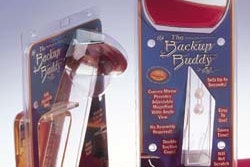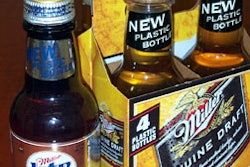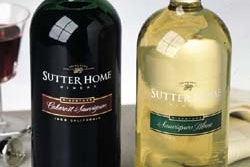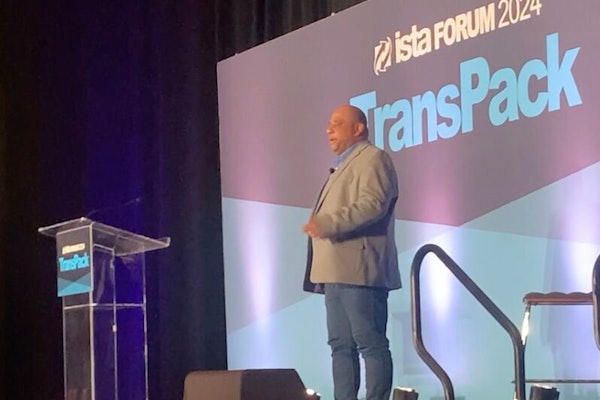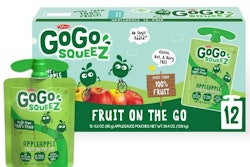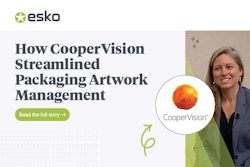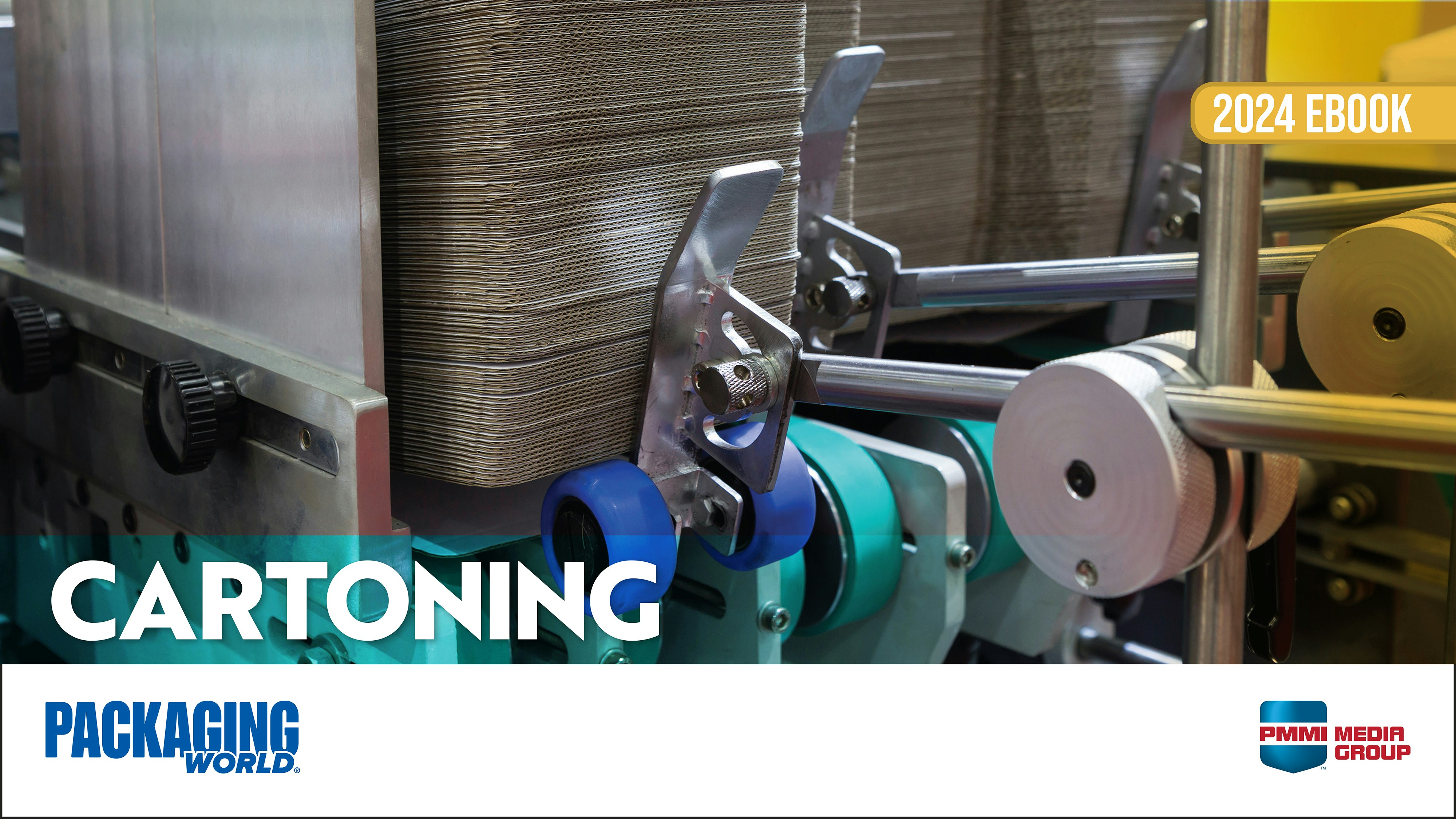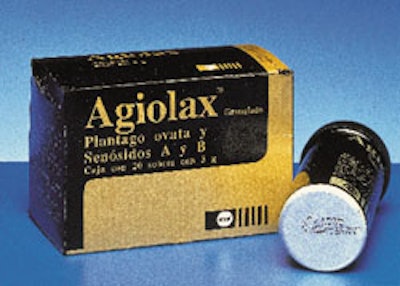
Food, health and drug discounters with names like Costco, Wal-Mart and CVS may be ready to drop their fight against legislation that could affect the repackaging of products into jumbo or promotional packages. About to come up for a vote in the House Judiciary Committee, the bill (H.R. 2100) from Rep. Bob Goodlatte (R-VA) contains somewhat complicated language on what discount retailers can and cannot do with regards to the product codes on packages they receive from their suppliers.
In an earlier iteration, the Anti-tampering Act included a draconian prohibition against the “decoding” of product packages, and it made store clerks liable if they put decoded product on store shelves, even if they had no way of knowing, or could have known, that the product had been decoded.
Goodlatte has made some changes to the bill, however. Those changes, and a few other technical modifications that are expected, have convinced one previous group of opponents—contract repackagers—to drop its objections, according to Stephen Sims, a Washington attorney for Purity Wholesale, a major contract repackager. “Repackagers will be able to do anything they were doing before,” Sims says. He is now likely to support the bill, although he questions whether it can pass Congress.
John Bliss, executive director for the Coalition Against Product Tampering (CAPT), says he believes Rep. Goodlatte is close to satisfying retail groups like the Food Marketing Institute, National Assn. of Chain Drug Stores and the Intl. Mass Retail Assn. Bliss’s Coalition, the major proponent of H.R. 2100, includes such companies as Procter & Gamble, 3M, Estee Lauder, Motorola, Maytag and other famous brand-name manufacturers.
Not expected to be part of any compromise are the diverters. These are companies who fuel the “gray” market. They are represented by the American Free Trade Assn., a group that declines to make its membership publicly available. Lauren Perez, spokeswoman for the AFTA, says the latest version of the Goodlatte bill is a definite improvement “but it doesn’t do the trick.”
Her concern is that the bill would allow a retailer or wholesaler to remove a product identification code if the removal was done during the removal of “any other codes or markings that are placed on or embedded in the product identification code.”
So if a product identification code, which can be a batch code, is printed underneath or on top of a distribution code, the PI code can be removed without violation—even if that causes some tampering with the batch code. Perez’s point is that this provision would thwart recalls, which is the opposite of what the bill’s sponsors purport to want. “This makes the bill worse than before,” she says.
Bliss is perplexed by the AFTA’s opposition to that language since he believes it was written with its approval. “I am not suprised she is saying that,” says Bliss. “They are hell bent on throwing up as much dust as possible to defeat this bill.”
Shrinking ‘gray’ market
On one level, the Goodlatte bill is a political effort by brand-name manufacturers to shrink the legal gray market, both for competitive reasons and because the gray market sometimes serves as a conduit for illegal counterfeit products. On another level, H.R. 2100 represents an attempt by brand-name manufacturers to facilitate recalls.
A predecessor bill came up for a vote on the House floor in 1998. Although the vote was 245-167 in favor, the bill did not pass because it needed a two-thirds majority vote under what is called the “fast track” procedure, which applied to the vote. “A criticism of the bill that apparently resonated on the House floor last session was that the bill constituted a veiled attempt to inhibit the sale of gray market goods or parallel imports,” says Rep. Howard Coble (R-NC), chairman of the House Judiciary subcommittee that passed H.R. 2100 in March of this year. Goodlatte has made some changes to address those concerns.
Rep. John Conyers (D-MI), top Democrat on the Judiciary Committee, agrees that H.R. 2100 is more narrowly focused. For example, clothing has been removed as a product category subject to the bill. But he adds, “I think we need to take a close look at whether it can be further narrowed to focus on health-related products.”
Health product focus
The stated focus of the bill is on drugs and other health-oriented products that could trigger a recall due to one of the following: manufacturing problems, diversion outside approved distribution channels, or products being sold by counterfeiters after being contaminated or after the products’ expiration date. Removal of product codes on packages by diverters and counterfeiters can impede those recalls.
Federal law already prohibits decoding of pharmaceuticals, medical devices and certain foods. But prosecutors can use the law only when the company responsible for decoding can be shown to have had the requisite criminal intent to harm the consumer. If a discounter’s motivation was simply to make money, he is beyond the current law. The Goodlatte bill would change that.
In 1999, Food and Drug Administration agents found rodent-infested, expired nutritional products in a warehouse in southern Florida. The expiration dates had been erased and new, fraudulent product codes affixed. Among the products that were being recoded was an adult nutritional product used to feed comatose hospital patients through nose tubes.
“A substantial portion of U.S.-made decoded goods sold by these decoders have been adulterated or otherwise tampered with after manufacture and present health and safety risks to consumers,” says CAPT’s Bliss.
Diverting can be legal—or not
Counterfeiters frequently rely on diverters to get “bad” product to the marketplace; but diversion itself is legal. Diverters buy the brand-name products either in the U.S. or overseas, generally from sanctioned distributors who have too much inventory.
Criminal counterfeiters and legal diverters remove product codes for different reasons. Frequently, the diverter removes the distribution code from the package so that the original manufacturer is unable to establish which sanctioned distributor sold the merchandise (for a related issue, see The Analyst, p. 84).
There are many reasons why manufacturers want to maintain the sanctity of the distribution chain, maintenance of price and product quality being high among them. So diverters are anxious to prevent the manufacturer from retaliating against licensed but “rogue” distributors. Hence the disappearance of the distribution code.
Diverters may or may not know that the product they receive is counterfeit. Diverters may be “used” or they can be complicit. And the facts are not always clear.
Repackaging has been an issue in this debate about control of products to and through the marketplace. Current law allows a retailer to shrink wrap together multiple products that were originally intended to be sold separately. That could be two packages of breakfast cereal or a toothbrush and toothpaste in a promotional package. This is legal today as long as the retailer notes on the label of the new jumbo pack that the items inside have been repackaged and by whom.
The Goodlatte bill endorses that repackaging scheme but adds some new language. It says that a product can be taken out of its original package and repackaged, and that products can be temporarily joined together even if the product identification codes are temporarily obscured. This is legal, but only if the primary package retains its original product identification code, which has not been altered, concealed or removed, and the final repackaged product says on its label that the contents have been repackaged and by whom.
This apparently satisfies the contract repackagers, according to Sims of Purity Wholesale. Whether it satisfies their customers—the Costcos of the world—is not known. Dave Loge, executive vice president at Costco, did not respond to an e-mail asking for his company’s position on the repackaging provisions of H.R. 2100.
Undoubtedly, the diverters will continue to oppose the Goodlatte bill, arguing that it is a veiled attempt to eliminate cheap, gray market goods from the U.S. marketplace.
“We are not trying to prevent discounting,” counters Rep. Zoe Lofgren (D-CA), the other primary sponsor of H.R. 2100. “I love Ross Dress for Less,” mentioning a clothing discounter.
